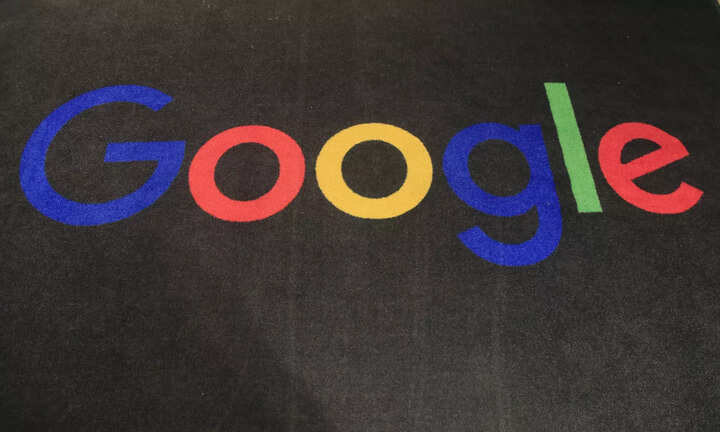EU top court on Google must remove ‘manifestly inaccurate’ data
Alphabet unit Google must remove data from online search results if users can prove it is inaccurate, Europe‘s top court said.
Free speech advocates and supporters of privacy rights have clashed in recent years over people’s “right to be forgotten” online, meaning that they should be able to remove their digital traces from the internet.
The case before the Court of Justice of the European Union (CJEU) concerned two executives from a group of investment companies who had asked Google to remove search results linking their names to certain articles criticising the group’s investment model.
They also wanted Google to remove thumbnail photos of them from search results. The company rejected the requests, saying it did not know whether the information in the articles was accurate or not.
Read Also


A German court subsequently sought advice from the CJEU on the balance between the right to be forgotten and the right to freedom of expression and information.
“The operator of a search engine must de-reference information found in the referenced content where the person requesting de-referencing proves that such information is manifestly inaccurate,” the Court of Justice of the European Union said.
To avoid an excessive burden on users, judges said such proof does not have to come from a judicial decision against website publishers and that users only have to provide evidence that can reasonably be required of them to find.
Google said the links and thumbnails in question were no longer available through web search and image search, and that the content had been offline for a long time.
“Since 2014, we’ve worked hard to implement the right to be forgotten in Europe, and to strike a sensible balance between people’s rights of access to information and privacy,” a spokesperson said.
The same court enshrined the right to be forgotten in 2014, saying that people could ask search engines like Google to remove inadequate or irrelevant information from web results appearing under searches for their names.
The judgment preceded landmark EU privacy rules that went into effect in 2018 and state that the right to be forgotten is excluded where the processing of personal data is necessary for the exercise of the right of information.
FacebookTwitterLinkedin

Alphabet unit Google must remove data from online search results if users can prove it is inaccurate, Europe‘s top court said.
Free speech advocates and supporters of privacy rights have clashed in recent years over people’s “right to be forgotten” online, meaning that they should be able to remove their digital traces from the internet.
The case before the Court of Justice of the European Union (CJEU) concerned two executives from a group of investment companies who had asked Google to remove search results linking their names to certain articles criticising the group’s investment model.
They also wanted Google to remove thumbnail photos of them from search results. The company rejected the requests, saying it did not know whether the information in the articles was accurate or not.
Read Also


A German court subsequently sought advice from the CJEU on the balance between the right to be forgotten and the right to freedom of expression and information.
“The operator of a search engine must de-reference information found in the referenced content where the person requesting de-referencing proves that such information is manifestly inaccurate,” the Court of Justice of the European Union said.
To avoid an excessive burden on users, judges said such proof does not have to come from a judicial decision against website publishers and that users only have to provide evidence that can reasonably be required of them to find.
Google said the links and thumbnails in question were no longer available through web search and image search, and that the content had been offline for a long time.
“Since 2014, we’ve worked hard to implement the right to be forgotten in Europe, and to strike a sensible balance between people’s rights of access to information and privacy,” a spokesperson said.
The same court enshrined the right to be forgotten in 2014, saying that people could ask search engines like Google to remove inadequate or irrelevant information from web results appearing under searches for their names.
The judgment preceded landmark EU privacy rules that went into effect in 2018 and state that the right to be forgotten is excluded where the processing of personal data is necessary for the exercise of the right of information.
FacebookTwitterLinkedin
